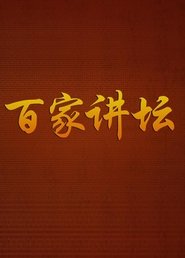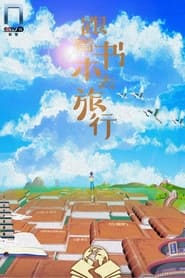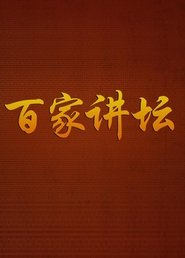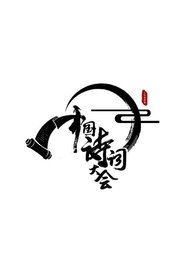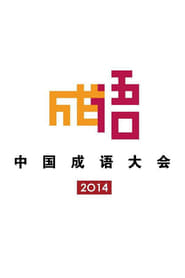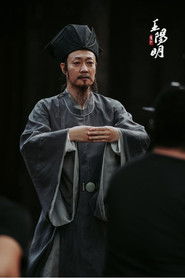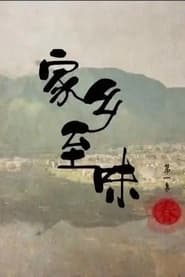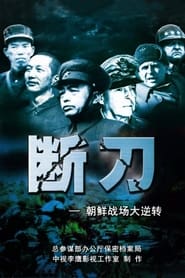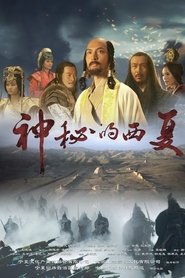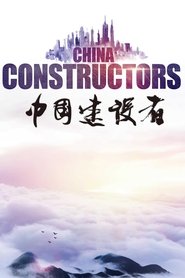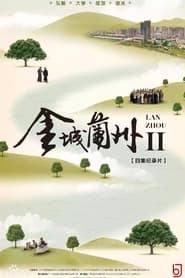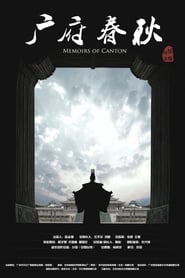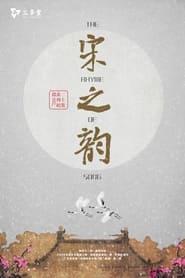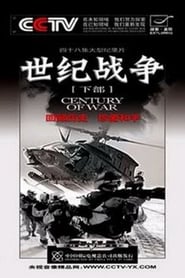Cctv 10 TV Series
-
跟着书本去旅行
2019
跟着书本去旅行
2019
-
Lecture Room
2001
Lecture Room
2001
-
Yi Zhongtian: Analysis of the Three Kingdoms
2006
star 9CCTV-10 Lecture Room series: Pin San Guo (品三国; Analysis of the Three Kingdoms). "Yi Zhongtian's Analysis of the Three Kingdoms" is a CCTV-10 historical broadcast program and one of the "Hundred Forums" series. The main speaker, Yi Zhongtian, restored the real Cao Cao, defended Zhou Yu's false accusations, spoke up about Zhuge Liang, and re-evaluated Sima Yi. When talking about the world, there are only three points of gossip. Discuss the merits and demerits carefully, and summarize the gains and losses of successes and failures. Professor Yi Zhongtian of Xiamen University will use stories to tell characters, characters to tell history, history to tell culture, and culture to tell human nature. Discuss the major events of the Three Kingdoms and carefully analyze the success and failure of the heroes. Professor Yi Zhongtian will explain it from a civilian perspective. -
Chinese Idiom Congress
2014
star 9The humanistic connotation carried by idioms is very rich and profound. A large number of idioms come from traditional classics, expressing the Chinese values of whether human relations are good or evil, and whether the realm is high or low. It can be called the "living fossil" of Chinese culture, it is worth promoting, and it is a precious cultural heritage of the Chinese nation. Compared with the "Chinese Characters Dictation Competition", the "Chinese Idiom Congress" has incorporated more unique and diverse innovative ideas on the basis of retaining similar competition forms, and invited many heavyweights such as Bi Shumin, Meng Man, and Li Bo to participate in the contest. Cultural celebrities serve as judges, hoping to show the beauty of the unique context of Chinese idioms in detail. -
家乡至味
2020
家乡至味
2020
-
Lucid Waters and Lush Mountains of China
2017
The sun and menstruation pass through the sky, and the rivers and rivers travel to the earth. The Chinese nation has always advocated the unity of nature and man, Taoism follows nature, respects nature, and conforms to nature. The program will use mountains, waters, forests, fields, lakes, and life as carriers to show the relationship between man and land, and to feel the country, nostalgia, and nostalgia. The program combines knowledge and fun, with shocking visual effects, witty competition forms, and interpretation and commentary from a unique perspective, to create a super geographical and humanistic feast that is uniquely charming and appeals to both refined and popular tastes. The program closely follows the theme of the times and aims to present a beautiful China, an ecological China, and a cultural China. With the excellent traditional Chinese culture as the carrier, it shows the relationship between man and land. -
Broken Knife: Great Reversal of the Korean Battlefield
2010
To commemorate the 60th anniversary of the War to Resist US Aggression and Aid Korea, CCTV's 10th Science and Education Channel will soon broadcast "Broken Knife - Great Reversal of the Korean Battlefield", sounding the "rallying call" that leads the audience's attention. On the basis of abundant military history declassified archives and rich information exchanged with foreign parties, this film, through unique creativity, showcases a stirring and ironclad history of war. -
第十放映室
2004
第十放映室
2004
-
神秘的西夏
2015
star 6The history and culture of the mysterious empire Western Xia based on the latest findings. -
探索·发现
2024
探索·发现
2024
-
斗转星移
2004
斗转星移
2004
-
中国建设者
2015
中国建设者
2015
-
金城兰州
2016
金城兰州
2016
-
广府春秋
2016
广府春秋
2016
-
探索发现:2016考古进行时
2016
探索发现:2016考古进行时
2016
